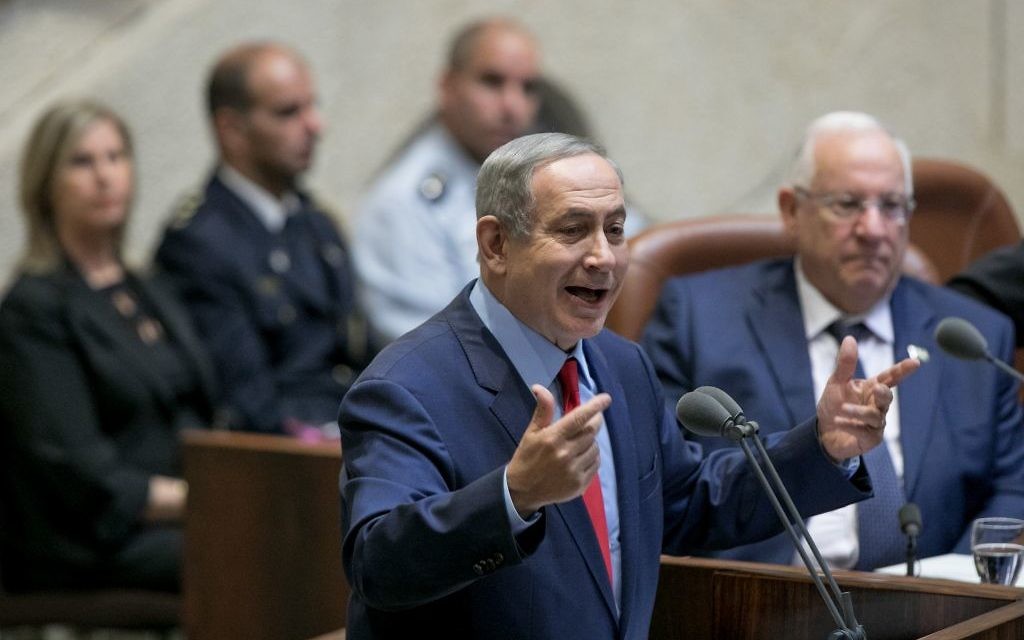Five times Israeli politicians said ‘there’s nothing to it’ and ended up in jail
As police recommend an indictment against Israeli PM Benjamin Netanyahu, here's a look at some other occasions where politicians have faced justice
Police are recommending charges of bribery and breach of trust against Israeli Prime Minister Benjamin Netanyahu. He’s saying the case police have made is “full of holes, like Swiss cheese.”
Police allege Netanyahu received expensive gifts from supporters in return for advancing their interests, including expensive cigars and champagne from the Israeli-born Hollywood producer Arnon Milchan. The prime minister also is alleged to have conspired with Arnon Mozes, the owner of the Israeli daily Yediot Acharonot, to advance legislation hobbling the free and pro-Netanyahu tabloid Israel Hayom, which is bankrolled by American billionaire Sheldon Adelson.
Netanyahu may want the public to recall how earlier corruption probes against him, in his first stint as prime minister, went nowhere, and how those against two of his successors, Ehud Barak and Ariel Sharon, also petered out. In 2009, then-Foreign Minister Avigdor Lieberman faced charges of bribery, fraud, money laundering, witness harassment and obstruction of justice, but was acquitted at trial.
Get The Jewish News Daily Edition by email and never miss our top stories Free Sign Up
Israelis have long complained that drawn-out investigations, often leaked to the media, have undercut politicians and their right to due process.
History may not be kind to Netanyahu’s cheese metaphor, however: There are a dozen or so Cabinet-level figures in Israel who similarly dismissed charges against them, only to find themselves in a different kind of hole. Many were given suspended sentences; here are five who received hard time.
Ehud Olmert, prime minister
Olmert resigned his post in September 2008 after police investigators recommended that he be indicted in multiple corruption scandals.
What he said: “Every intelligent person knows that things are totally out of proportion.”
What he served: 16 months of a 27-month sentence for receiving bribes in what was called the largest corruption scandal in Israel. He was released last year. The Holyland Affair involved the payment of bribes to government officials by the developers of an eponymous luxury high-rise apartment complex in Jerusalem. Olmert also was convicted for accepting cash-filled envelopes from an American-Jewish businessman, Morris Talansky, and using it for personal and not political expenses.
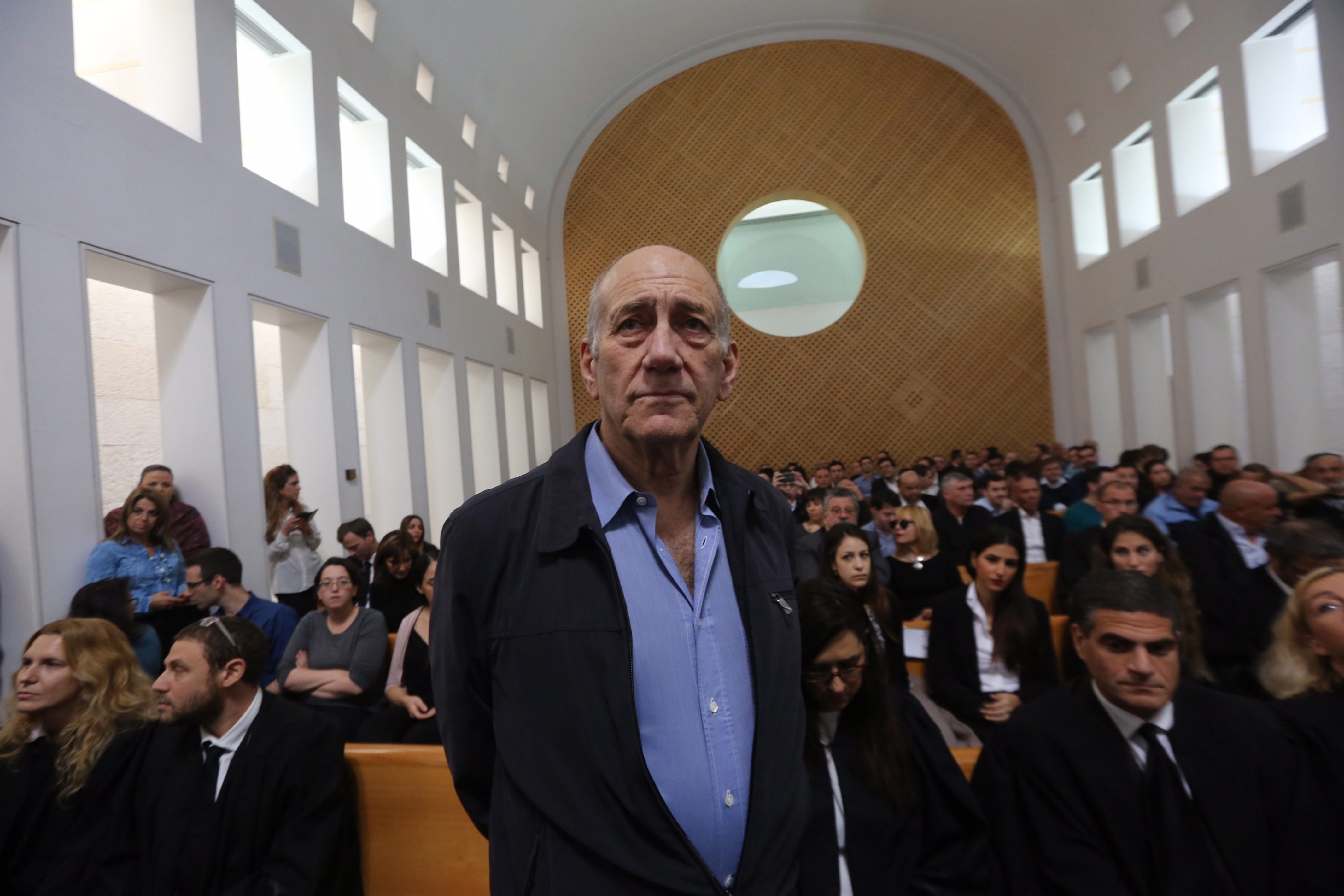
Moshe Katsav, president
Katsav, charged with raping one woman and sexually harassing two other staffers, resigned in 2007 after reaching a plea bargain. The rape charges were dropped. He would plead guilty to sexual harassment and obstruction of justice among other charges and receive a suspended sentence.
What he said, in 2006: “The press is leading the public pressure. Sometimes their actions even border on criminal, when false testimony is given because of the [media] pressure. Hostile media sources reached out to many young women.”
What he served: Five years of a seven-year sentence for rape and the other charges. What happened? Katzav didn’t like the way the plea talks were going and opted for a trial in 2010. A three-judge panel was unanimous in its guilty verdict. He was released in 2016.
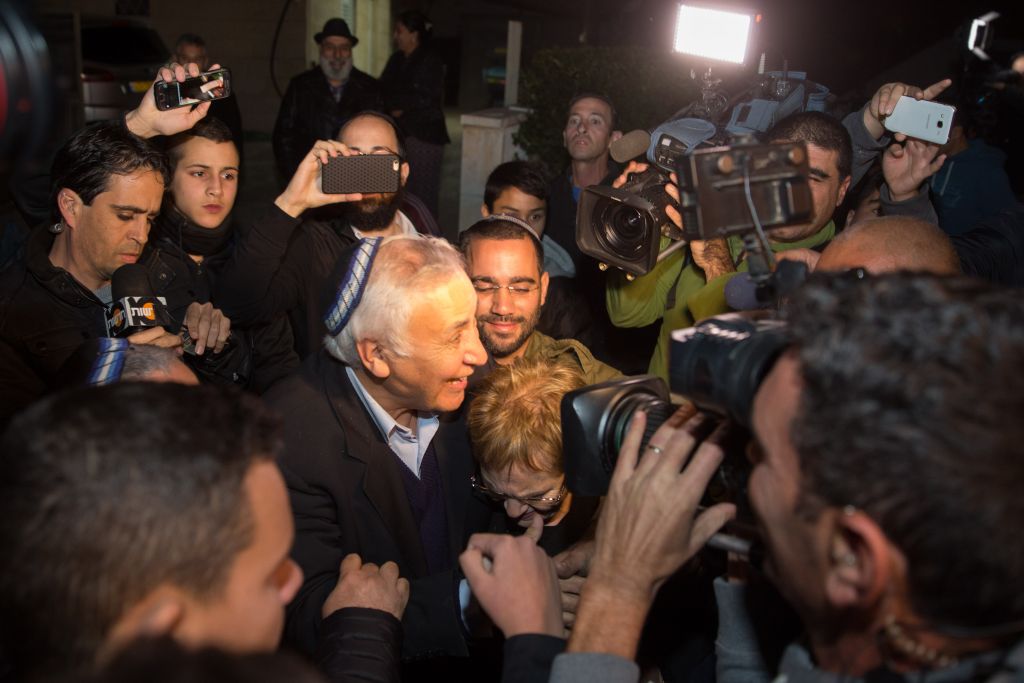
Gonen Segev, energy minister
Segev, a doctor, was a member of the hawkish opposition Tzomet party who was lured across the aisle in 1994 to join Yitzhak Rabin’s government as energy minister and to deliver the crucial vote that approved the Oslo Accords with the Palestinians.
In 2004, he was arrested for drug smuggling and credit card fraud. He had attempted to smuggle in 25,000 Ecstasy tablets from the Netherlands.
What he said: He thought they were M&Ms.
What he served: More than two years of a five-year sentence. He was released in 2007. Segev was last heard practicing medicine in Nigeria.
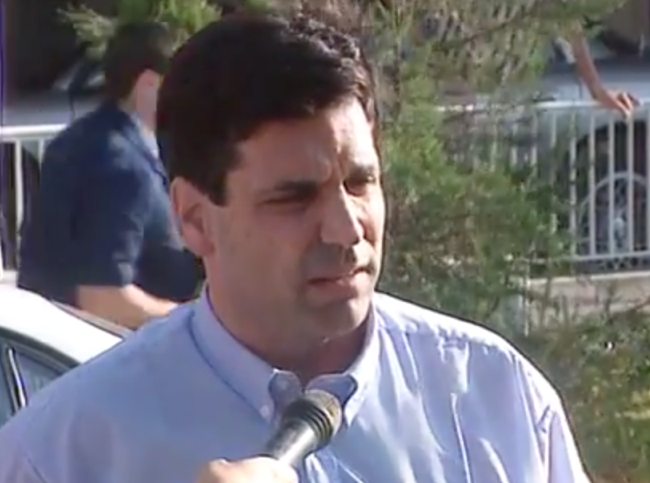
Shlomo Benizri, health and energy minister
Benizri, of the Sephardi Orthodox Shas party, served as a health minister under a Labor Party government from 1999 to 2001 and then as labor minister under Likud governments from 2001 to 2003. He was charged in 2008 with accepting bribes, breach of public trust and obstruction of justice for actions during his stint as labor minister. He had provided inside information to a contractor friend.
What his brother said: It was the gays’ fault. “The entire system has tuned Shlomo Benizri into its target,” David Benizri said when his brother was convicted. “He was a man who wasn’t afraid to say what we, as religious Jews, did not dare utter. There are a lot of gays in the courts, the Knesset, the police and the State Prosecution, and I guess many Jews in the law enforcement system did not like to hear the truth.”
What he served: Benizri appealed an 18-month sentence in 2008; the High Court increased the term to four years in 2009. He served 2 1/2 years and was released in March 2012 in part because of overcrowding in Israeli prisons. For a time he and Katsav were cellmates.
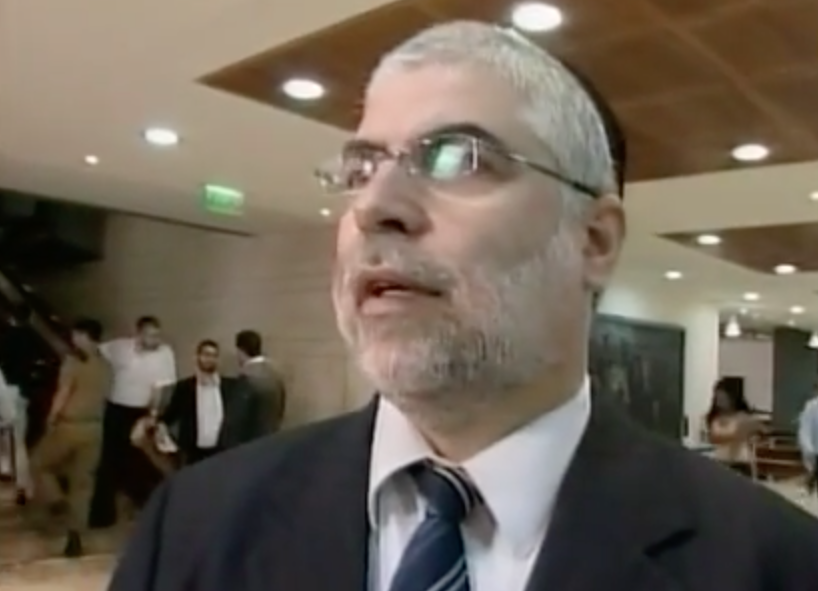
Aryeh Deri, interior minister
Deri, the Shas leader, was the interior minister from 1988 to 1993, under national unity, Likud and Labor-led governments. He was charged with multiple counts of corruption relating to using his position heading the Interior Ministry, which oversees local councils, to get towns and cities to dispense favours to friends and associates.
What his rabbi said: God was protecting him. Rabbi Ovadia Yosef, the former Sephardic chief rabbi and the spiritual leader of Shas, called Deri to his apartment in 1993 and instructed him not to step down. Yosef said Deri’s “enemies will fall before him” because Deri “is guarded by angels.”
What he served: Deri was sentenced to three years in 2000; he was released after 22 months in 2002.
What we learned: Maybe Ovadia Yosef was right: Deri’s back in government — as interior minister.
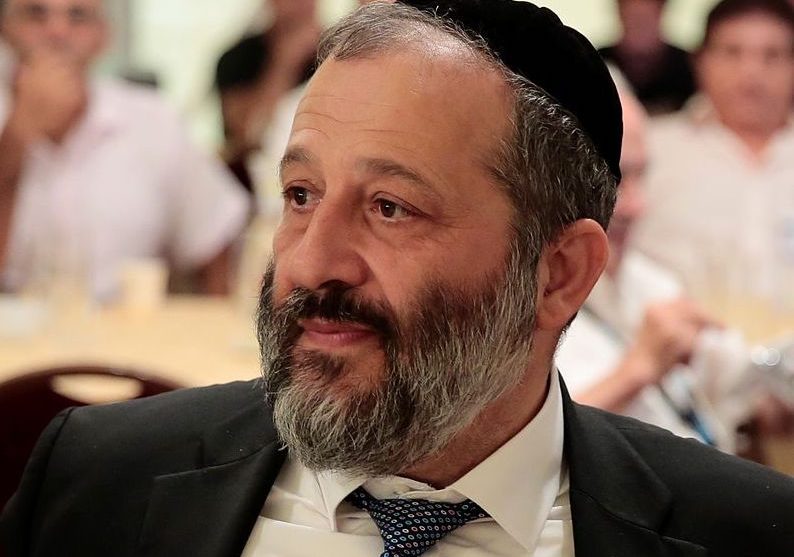

Thank you for helping to make Jewish News the leading source of news and opinion for the UK Jewish community. Today we're asking for your invaluable help to continue putting our community first in everything we do.
For as little as £5 a month you can help sustain the vital work we do in celebrating and standing up for Jewish life in Britain.
Jewish News holds our community together and keeps us connected. Like a synagogue, it’s where people turn to feel part of something bigger. It also proudly shows the rest of Britain the vibrancy and rich culture of modern Jewish life.
You can make a quick and easy one-off or monthly contribution of £5, £10, £20 or any other sum you’re comfortable with.
100% of your donation will help us continue celebrating our community, in all its dynamic diversity...
Engaging
Being a community platform means so much more than producing a newspaper and website. One of our proudest roles is media partnering with our invaluable charities to amplify the outstanding work they do to help us all.
Celebrating
There’s no shortage of oys in the world but Jewish News takes every opportunity to celebrate the joys too, through projects like Night of Heroes, 40 Under 40 and other compelling countdowns that make the community kvell with pride.
Pioneering
In the first collaboration between media outlets from different faiths, Jewish News worked with British Muslim TV and Church Times to produce a list of young activists leading the way on interfaith understanding.
Campaigning
Royal Mail issued a stamp honouring Holocaust hero Sir Nicholas Winton after a Jewish News campaign attracted more than 100,000 backers. Jewish Newsalso produces special editions of the paper highlighting pressing issues including mental health and Holocaust remembrance.
Easy access
In an age when news is readily accessible, Jewish News provides high-quality content free online and offline, removing any financial barriers to connecting people.
Voice of our community to wider society
The Jewish News team regularly appears on TV, radio and on the pages of the national press to comment on stories about the Jewish community. Easy access to the paper on the streets of London also means Jewish News provides an invaluable window into the community for the country at large.
We hope you agree all this is worth preserving.
-
By Brigit Grant
-
By Laurent Vaughan - Senior Associate (Bishop & Sewell Solicitors)
-
By Laurent Vaughan - Senior Associate (Bishop & Sewell Solicitors)
-
By Laurent Vaughan - Senior Associate (Bishop & Sewell Solicitors)
-
By Laurent Vaughan - Senior Associate (Bishop & Sewell Solicitors)


